The PDF eBook, Issues and Concepts in Historical Ecology: the Past and Future of Landscapes and Regions is a research framework which draws upon diverse evidence to trace complex, long-term relationships between Earth and humanity. With roots in archaeology, ecology, anthropology and paleoecology, anthropology, geography, and landscape and heritage management, historical ecology applies a practical and holistic perspective to the study of change. Furthermore, it plays an important role in both fundamental research and in developing future strategies for integrated, equitable landscape management. The framework presented in this well researched volume covers critical issues, including: the need for understanding interactions between human societies and ecosystem processes, practicing transdisciplinarity, the future of regions and the role of history and memory in a changing world. Including many examples of co-developed research, Issues and Concepts in Historical Ecology provides a platform for collaboration across disciplines and aims to equip researchers, policy-makers, students, funders, and communities to make decisions that can help to construct an inclusive and resilient future for humanity.
Sale!
Issues and Concepts in Historical Ecology: the Past and Future of Landscapes and Regions – eBook
eBook details
- Authors: Carole L. Crumley, Tommy Lennartsson, Anna Westin
- File Size: 11660 KB
- Format: PDF
- Length: 335 pages
- ublisher: Cambridge University Press; 1st edition
- Publication Date: December 12, 2017
- Language: English
- ASIN: B07813QSZY
- ISBN-10: 1108420982
- ISBN-13: 9781108420983
Original price was: $40.00.$24.99Current price is: $24.99.
‘A really well edited and coherent volume that both provides a comprehensive update on the mature and rapidly expanding field of historical ecology and points the way forward to additional applications in sustainability studies, archaeology, and restoration ecology. It makes a strong case for the relevance of the longue durée for modern planners, and firmly places archaeology and environmental history with paleoecology as key elements in any coordinated global environmental change research program. The collaborative mutual editing of the participants adds considerable value and underlines the team building approach of cultural ecology and the editors. A fine book that should be widely read by anyone interested in long term sustainability and the role of past in scenario building for the future.’ Thomas McGovern, Hunter College, City University of New York
‘Crumley, Westin, Lennartsson et al. have made a monumental contribution in this ebook to interdisciplinary studies bridging society and nature. They have made a significant advance in the framework known as historical ecology, and they show the relevance of the past to our future, by rich examples from throughout the world to illustrate the value of this framework. Drawing from geology, archeology, anthropology, ecology, paleoecology, geography, landscape and heritage management and history, the framework addresses both local and earth system scale dynamics. A major advance in our ways of knowing our great planet.’ Emilio F. Moran, Michigan State University
‘Historical ecology has become a master methodology of our time, part of the new holism. This volume explains the why and how of it. Not only does it offer a critical synthesis with relevant examples, but also a prospectus for likely future developments and applications. The authors of this ebook bring a wealth of complementary experience and expertise to their task, drawing on different backgrounds to delineate a field of research that is intrinsically and necessarily multi-disciplinary and collaborative. Readers are carefully led through the theoretical connections between an assemblage of intertwined concepts of current and increasing intellectual significance – the Anthropocene and landscape complexity, domestication, memory and local environmental knowledge, shifting baseline syndrome, biocultural diversity, niche construction and co-evolution. Together, these have progressively undermined older ‘functionalist’ and ‘adaptionist’ assumptions about how socio-ecological systems really work in the twenty-first century.’ Roy Ellen, Centre for Biocultural Diversity, University of Kent
You must be logged in to post a review.

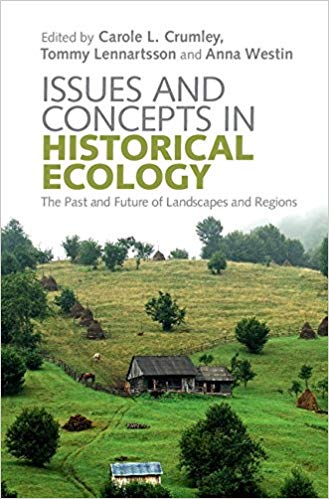
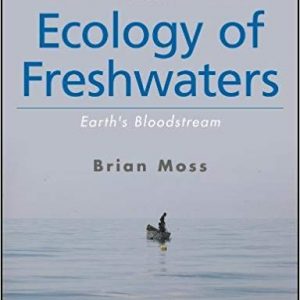
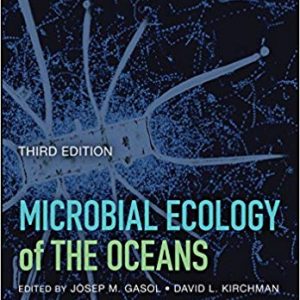
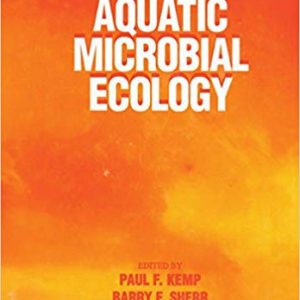
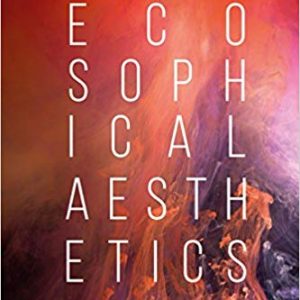
Reviews
There are no reviews yet.